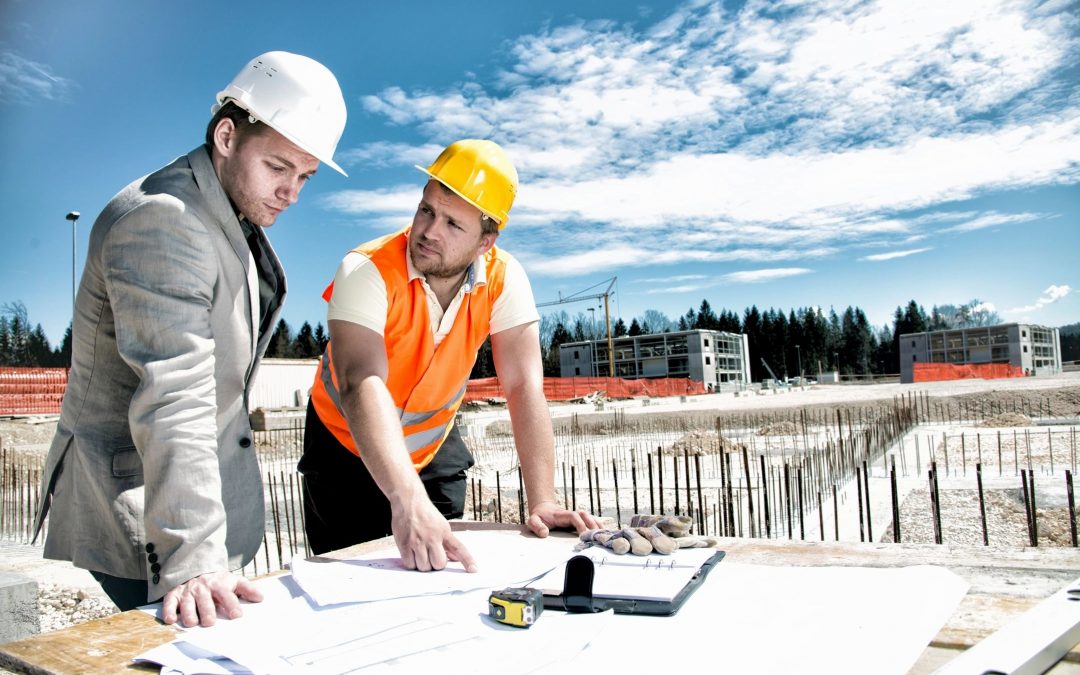Just like your body requires regular checkups with your doctor, your roof needs regular checkups to extend its life and keep its integrity. A building’s roof is its first line of defense against the elements. As the outermost layer of the building, it is constantly exposed and bombarded by changing weather conditions and other factors that take their toll on the condition of the roof. Roof inspections can help determine the lifespan of a given roof, its integrity, and if/when it will need to be replaced.
Damage from Maintenance and Tradespeople
From air conditioner maintenance to ductwork to running coax cables, your roof endures a lot of traffic. The various tradespeople can, unknowingly, inflict damage to your roof, including punctures, screw holes, flashing removal, and trash/materials left behind.
Aging
All roofs degrade over time and, eventually, suffer from the effects of aging. These effects are usually visible, including sagging, cracks, and tears, all of which can lead to water infiltration.
Storms/Weather/Wind Damage
From extreme temperatures to high winds, heavy rain, and hail your roof takes a beating. Hail leaves dents and sometimes holes. Cold temperatures can leave your roof brittle and cause cracks; on the flip side, the heat may cause scorching, blistering, and split seams.
Drainage
A roof’s drainage system is its means of removing rain and other foreign elements. Unfortunately, over time roofs collect problems causing debris, such as leaves, garbage, and dirt. If the debris builds up too much it clogs up the gutters and spouts, which prevents any future rain drainage. This leads to pooling water, which, of course, leads to leaks and other roof integrity issues.
Roof inspections are the first step in a proactive roof management program. They provide a checklist for routine maintenance work and help owners to prepare budgets for future years; thus, enabling building owners and managers to plan and schedule repairs instead of emergency leak repairs. Few other building maintenance procedures provide a better return on investment than regular roof inspections. They are the best tool at your disposal to keep your roof in good condition; they can extend the life of your roof by up to two times that of a roof that is not inspected. We recommend that you have your roof inspected at least twice per year.

